Return to Country program under fire for arduous eligibility requirements
A program designed to get remote indigenous patients home after medical treatment has been criticised for onerous eligibility criteria including participants must be homeless for three months.
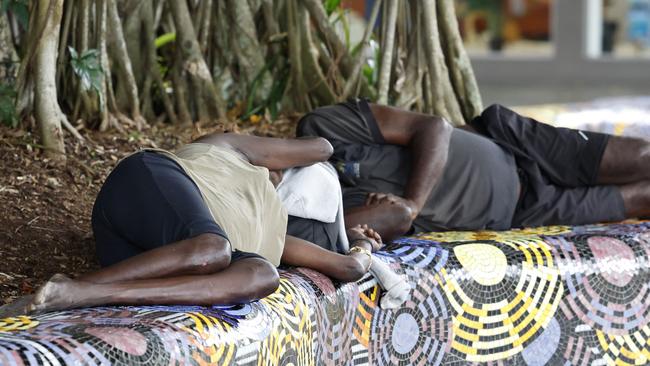
Cairns
Don't miss out on the headlines from Cairns. Followed categories will be added to My News.
A program designed to get remote indigenous patients home after medical treatment has been criticised for onerous eligibility requirements including that they must be homeless for three months and contribute $100 toward airfares.
The number of Cape York residents taking up the offer of cheap flights under the Return to Country scheme appears to have declined significantly since the creation of the program a decade ago, when in 2012, the scheme helped repatriate 71 homeless people back to their communities.
To be eligible, people must be homeless for three months, contribute $100 toward airfares and have no outstanding court matters or medical appointments.
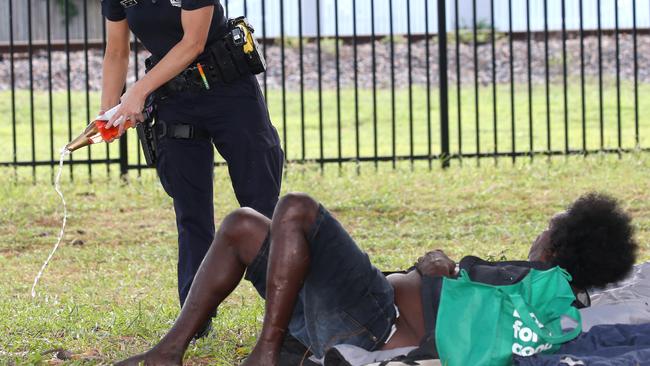
Arriving from communities with alcohol carriage limits or total grog bans Cape residents often get trapped in an alcohol cycle of abuse and homelessness.
With no medical detox facilities and limited affordable housing options, patients end up on the street, to often become entangled in the legal system when committing public nuisance offences.
Enjoying a drink at the Cairns Esplanade on Friday Leroy Liddy from Coen said he was aware of the Return to Country program but was ineligible due to outstanding legal matters.
Sleeping rough around the city centre Roderick Doctor said he had strong ties to his Lockhart River community and wanted to leave Cairns, but family conflict meant he was unwilling to return home.
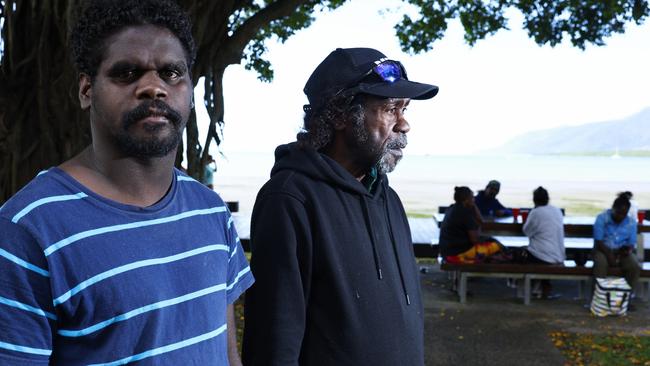
The Return to Country scheme is facilitated jointly by Transport and Main Roads and Queensland Police.
A TMR spokesman said in the past year six had taken up subsidised airfares under the scheme which was lower than usual due to changes of the Local Fare Scheme in July 2022, whereby residents can book directly with airlines using a $1091.91 TMR subsidy.
Officer in charge Cairns City Police Beat senior sergeant Gary Hunter said the scheme had been successful helping people escape homelessness in Cairns to return home.
He defended a three month homeless requirement of the program while stating there were exemptions that enable the fast-tracked return of children and the elderly.
“We see it quite regularly that people get entrenched in the life and they can’t physically remove themselves from the situation and seek support,” he said.
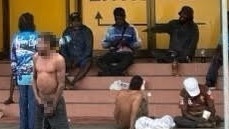
“They don’t have the foresight and don’t have the capability to get out of it.”
Acknowledging the issue, Cairns MP Michael Healy said in a democratic society people couldn’t be forced into heading back to the Cape.
“It’s very difficult, legally, to hold somebody or to drag them onto a plane, you just can’t do it,” he said.
“I know the challenges. I get frustrated and I understand the frustration that’s out there.”
In May this year an upgrade to the Lyons Street Diversionary Centre meant the facility now has 50 beds for those needing safe overnight accommodation and an $800,000 refit of the Quigley St homeless shelter will soon enable the centre to come back online for families in need of crisis housing.
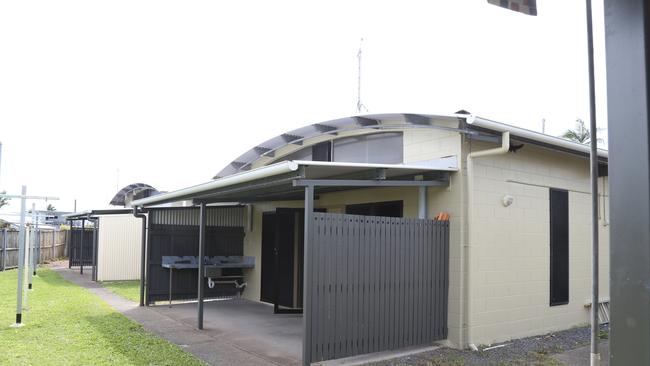
Leichhardt MP Warren Entsch said Cape residents with alcohol dependency issues welcomed an opportunity to come to a city where booze was freely available.
“For them the get out of jail free card is to get a medical appointment or court date because the government will fly them to Cairns,” he said.
“So they come out of their houses and come down to Cairns and it’s Disneyland.
“They are not paying sly grog prices, every second Thursday they get money in their account and it’s party time.”
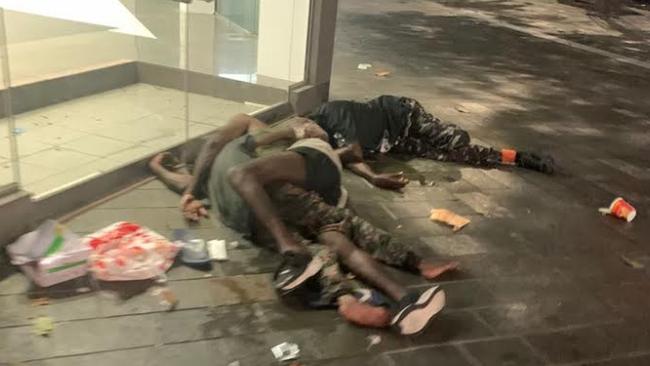
It’s understood inmates released from Lotus Glen Correctional Centre often miss flights departing Cairns for Cape York.
The Cairns-based MP whose electorate included Cape York communities lashed the state government for a perceived neglect of discharged Cairns Hospital patients.
“They get out of hospital still unwell and they have nowhere to go but the streets,” he said.
“They are bringing them down knowing what will happen, they should be responsible to make sure they go back.
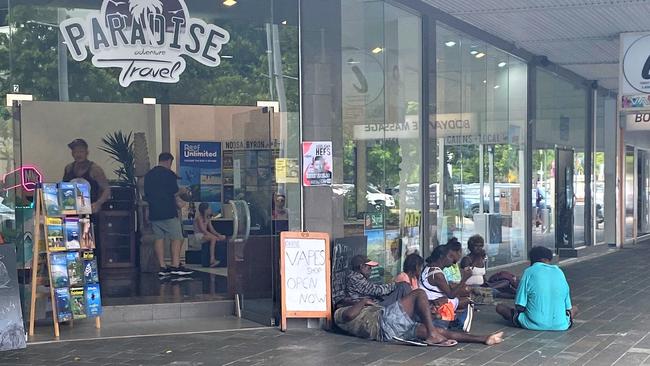
“There needs to be accommodation for them if they are staying for a period of time and they need to make sure they go back when their treatment is done.
“This is where the whole business of prohibition has failed, there should be medical detoxes in Weipa and Cooktown and Cairns.”
TMR stated that “all stakeholders” involved in the Return to Country program provided positive feedback.
More Coverage
Originally published as Return to Country program under fire for arduous eligibility requirements





